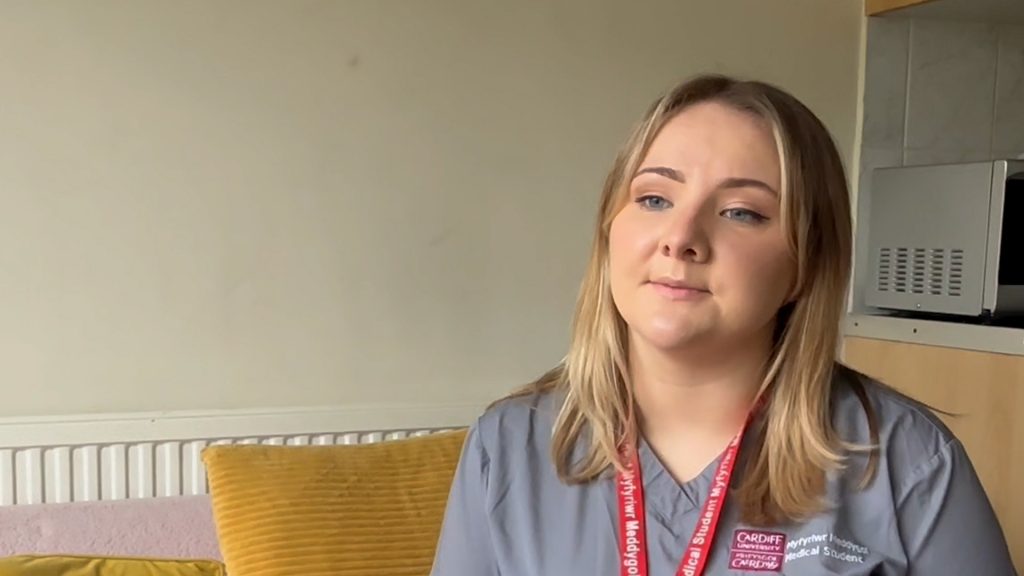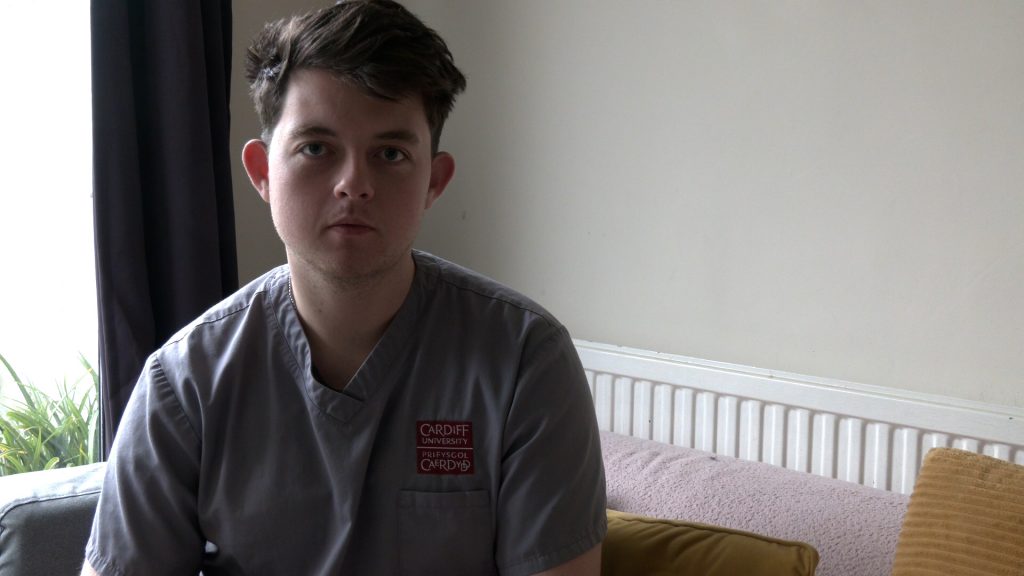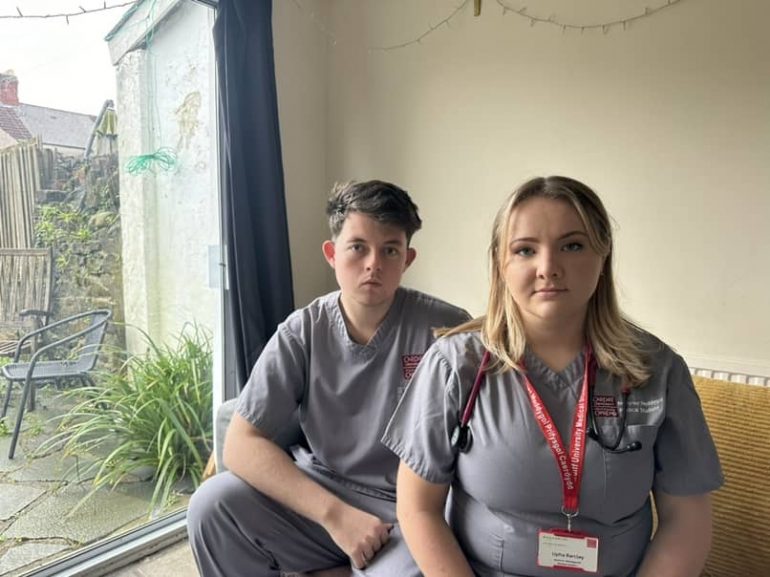A student studying medicine has said she experiences sexist interactions from patients on a “regular basis” and has called for more to be done to tackle this kind of behaviour in the workplace.
Upha Barclay is four months away from graduating medical school and becoming a doctor. She said patients often make her job “difficult” and she has learnt to get used to feeling “uncomfortable” in her work place.
“Patients will comment on the way I look, my body, my name. They sexualise me in a way, that is completely normalised.”
Ms. Barclay claimed this kind of behaviour is generally accepted: “It’s very much part of the culture of being a medical student. It is seen as part of the process.”
Particularly, when dealing with older people, she said she is often assumed to be a nurse instead of a doctor.
“Sexism from younger patients towards me is very rare, but I have found the older they are, the more common it is for them to say something inappropriate about the way I look. Sometimes they assume I am a nurse and not a doctor just because I am a woman.”

A recent article in the British Medical Journal exposed the reality of being a female doctor in the NHS. The article is based on a survey from 2022 which found more that 91% of female doctors in the UK have experienced sexism at work.
Women who took part in the survey reported that they suffer patronising comments, are being judged on their appearance, can be overlooked in their career progression or are ignored by patients and other doctors in favour of their male colleagues.
The survey found that:
Working on the wards
- 70% of women respondents felt that their clinical ability had been doubted by patients because of their gender, compared to 4% of male respondents.
Sexual harassment
- 31% of women experienced unwanted physical conduct in their workplace
- 56% of women respondents received unwanted verbal conduct related to their gender
Reporting sexist behaviours and sexual harassment
- 42% of all respondents who witnessed or experienced an issue relating to sexism felt they couldn’t report it
Respondents of all genders said they felt there was an issue of sexism in the medical profession.
Thomas Murray, who is a fourth year medical student said “men and women live different realities.”

Mr Murray suggested that more steps need to be taken to make it easier to report sexism and support female doctors.
“Things need to change, like being able to report sexism should be easier and more common place. More awareness that sexism is such a big problem within the medical profession.”
A Welsh Government spokesperson, said: “Any form of prejudice or discrimination is entirely unacceptable and we take these matters very seriously. We continue to work with the NHS to tackle all forms of discrimination and expect all NHS Wales staff to be treated with dignity and respect.
Cardiff University said they were unable to comment at this time.

